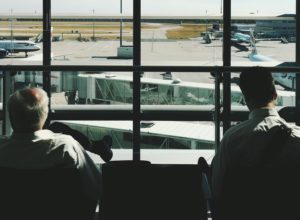Police Scotland accused of racial profiling over counter-terror stops
Published on 12 December 2022

Nearly half the stops at Scottish ports and airports were people from minoritised ethnic backgrounds
Reports Mirren Gidda, investigative journalist at Liberty Investigates, and Marc Horne, reporter at The Times. Edited by Eleanor Rose

